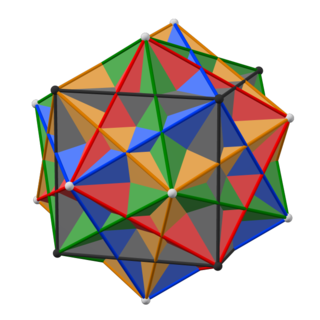Related Research Articles
33 (thirty-three) is the natural number following 32 and preceding 34.
90 (ninety) is the natural number following 89 and preceding 91.
72 (seventy-two) is the natural number following 71 and preceding 73. It is half a gross or six dozen.
31 (thirty-one) is the natural number following 30 and preceding 32. It is a prime number.
52 (fifty-two) is the natural number following 51 and preceding 53.
55 (fifty-five) is the natural number following 54 and preceding 56.
58 (fifty-eight) is the natural number following 57 and preceding 59.
64 (sixty-four) is the natural number following 63 and preceding 65.
100 or one hundred is the natural number following 99 and preceding 101.

120 is the natural number following 119 and preceding 121. It is five sixths of a gross, or ten dozens.
1000 or one thousand is the natural number following 999 and preceding 1001. In most English-speaking countries, it can be written with or without a comma or sometimes a period separating the thousands digit: 1,000.
300 is the natural number following 299 and preceding 301.

360 is the natural number following 359 and preceding 361.
400 is the natural number following 399 and preceding 401.
180 is the natural number following 179 and preceding 181.
666 is the natural number following 665 and preceding 667.
500 is the natural number following 499 and preceding 501.
700 is the natural number following 699 and preceding 701.
800 is the natural number following 799 and preceding 801.
181 is the natural number following 180 and preceding 182.
References
- ↑ "A000926 - OEIS". oeis.org. Retrieved 2023-11-30.
- ↑ "A005349 - OEIS". oeis.org. Retrieved 2023-11-30.